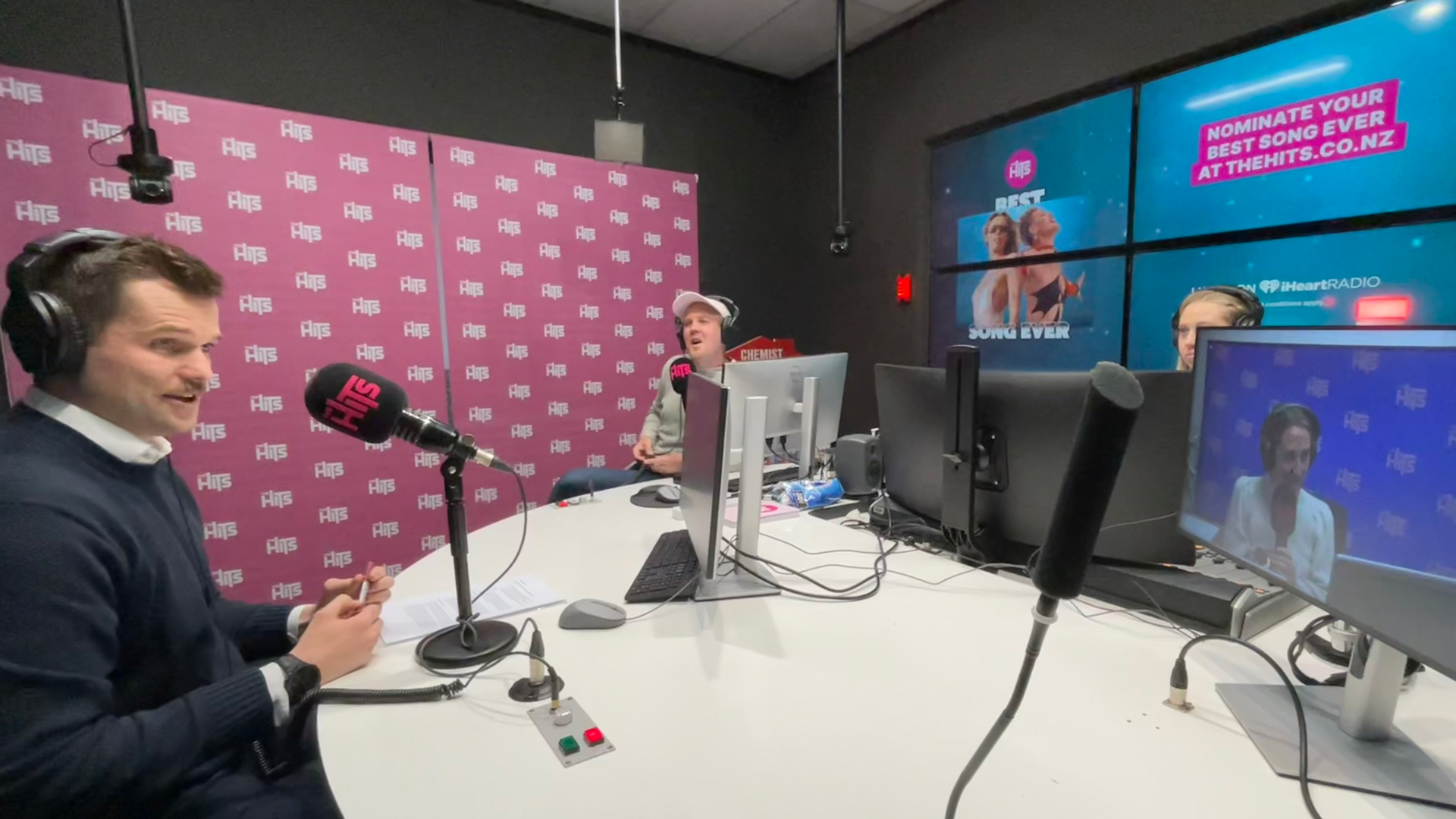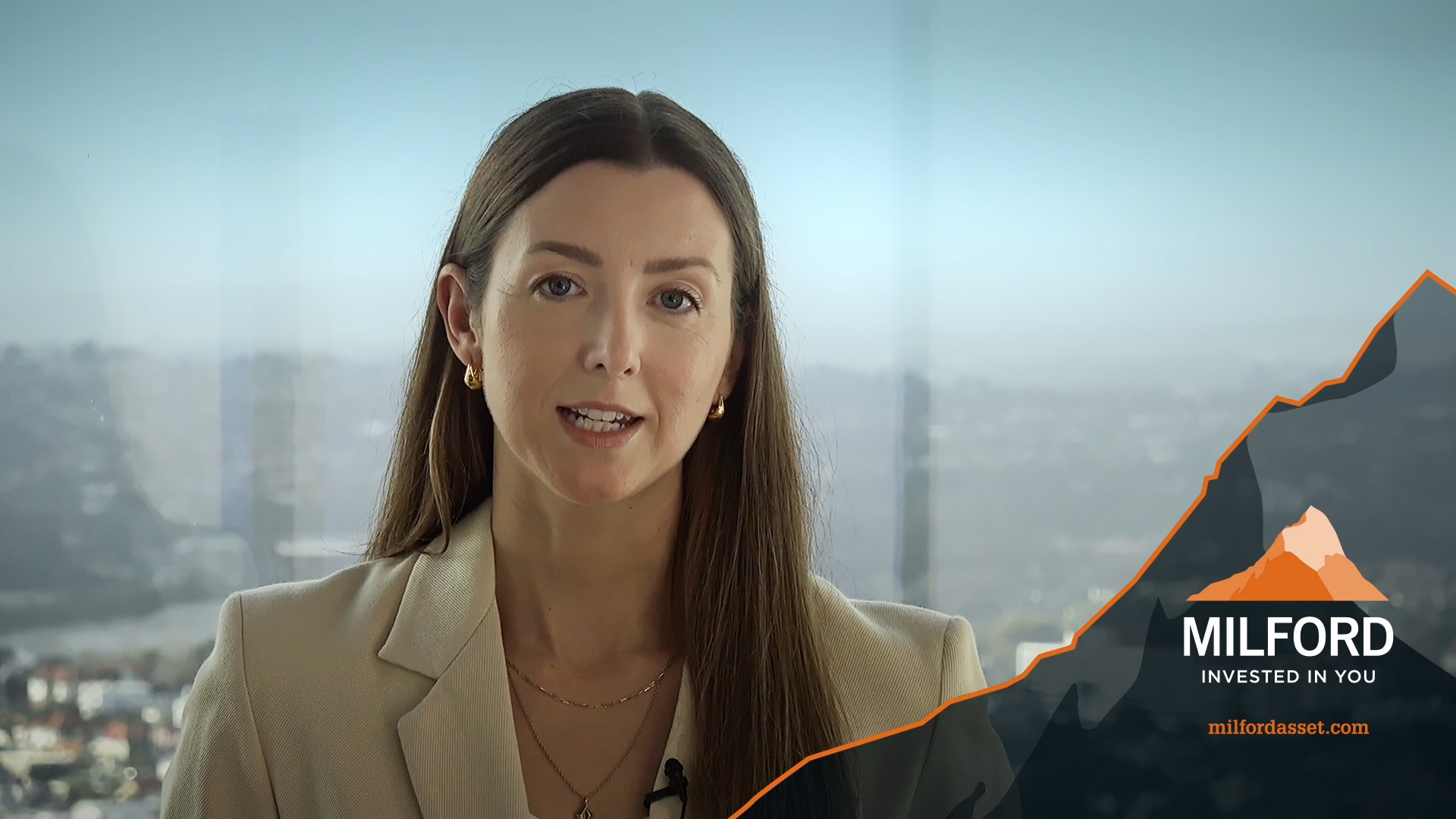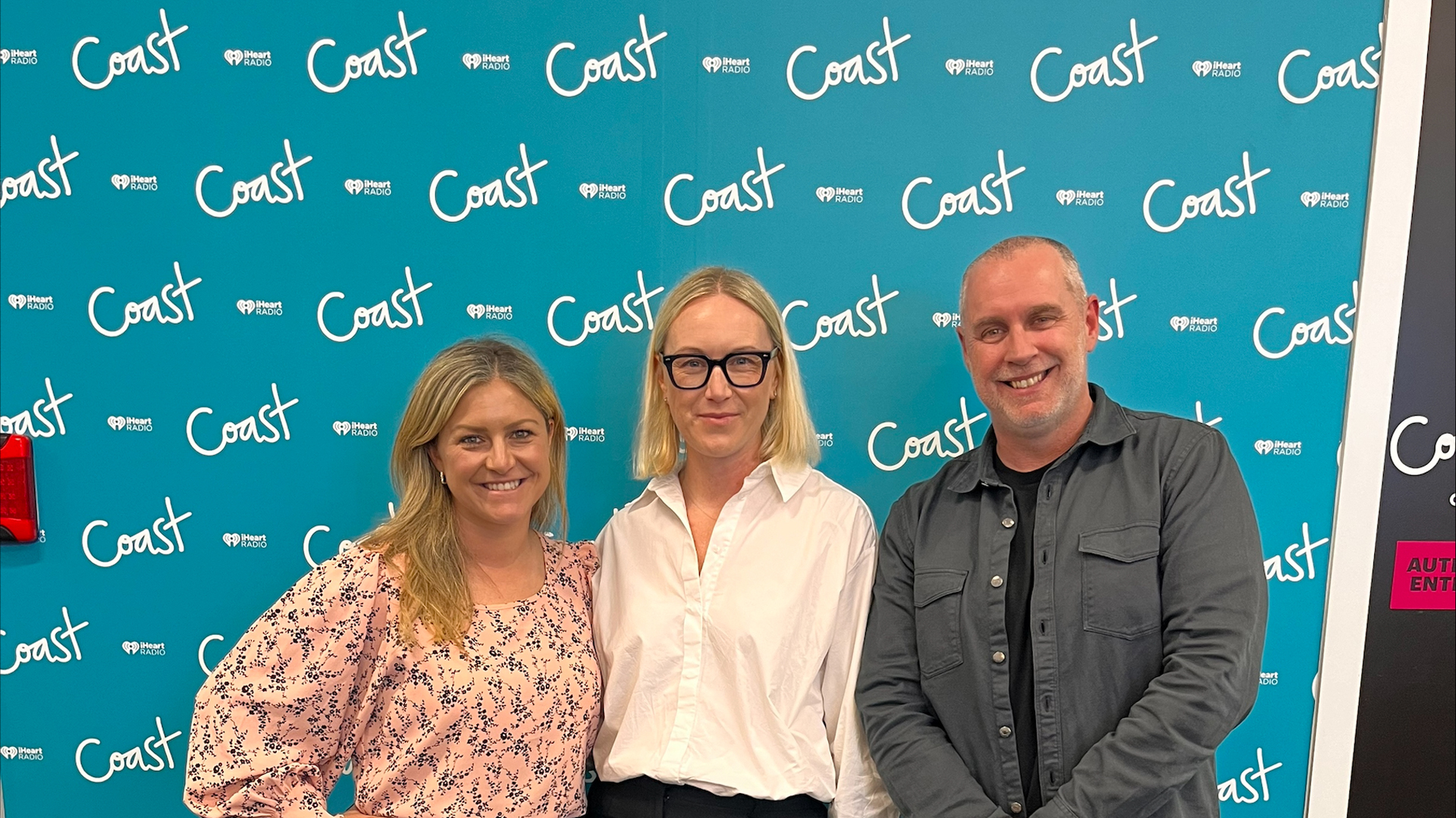Video by Stephanie Batchelor Article by Frances Sweetman The...
Read More2024 © Milford Asset Management Limited Privacy Policy Terms & Conditions Disclosure Statement
Replacement Product Disclosure Statements are available here or on the relevant scheme’s offer register entry at the NZ Companies Office
Milford Funds Limited is the Manager and Issuer of the Milford KiwiSaver Plan and the Milford Investment Funds








